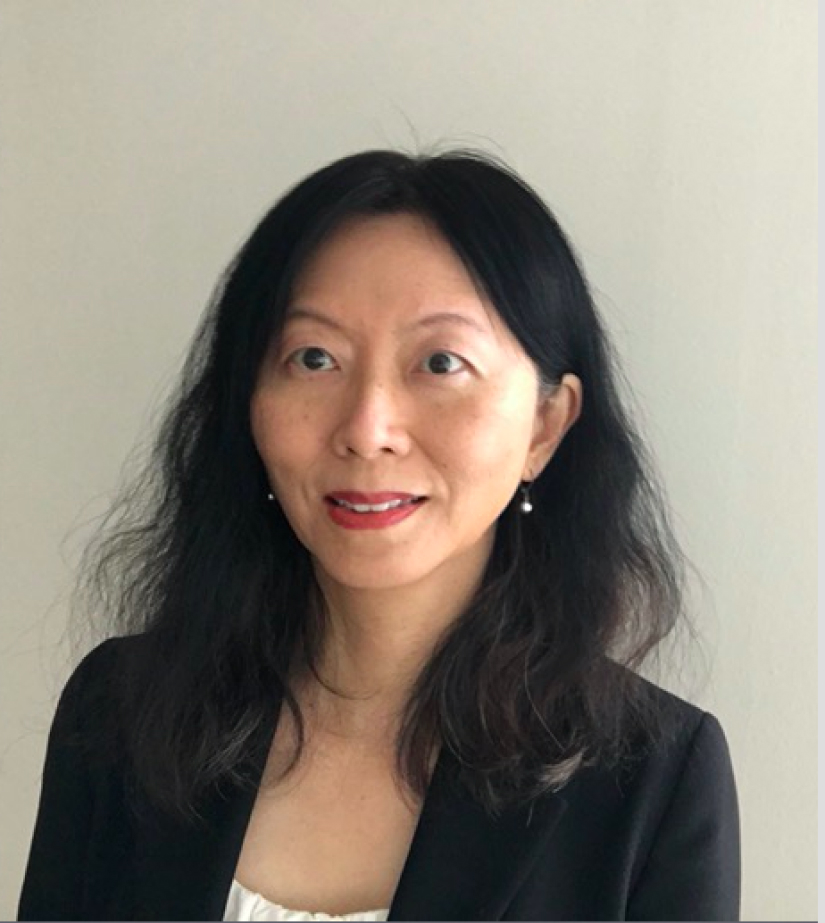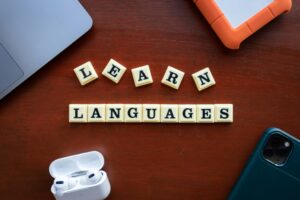Please introduce yourself.
I am Dr. Ching-Ching Lin, a proud Taiwanese native. Currently, I teach TESOL and bilingual education at Adelphi University. I worked with culturally and linguistically diverse student populations across diverse grade levels and educational settings for more than 20 years.
What motivates you as a TESOL educator?
What has continued to inspire and motivate me, anchoring me to my roots, is the memory of my early years in the United States: my desire to be seen and heard. Over my years of service as a TESOL professional, I have witnessed a lack of an inclusive environment across various educational contexts, not necessarily stemming from individual teachers’ styles or philosophies. Instead, I view it as a structural issue—a result of the assimilationist agenda, neoliberal ideologies, and structures that perpetuate a fundamentally deficit-based approach towards minoritized students. This mindset persists through existing school cultures and structures. While I didn’t possess the awareness and language to articulate this in my early years as a multilingual learner, I now leverage my power and privilege as a teacher educator to advocate for an alternative approach to education, especially for Multilingual Learners.
What do you advocate for?
I advocate for teaching as co-learning. I understand that this stance may not be popular and may seem counterintuitive to many. People may question how we are supposed to teach with this philosophy. However, I believe that adopting a co-learning stance doesn’t negate the recognition of teachers’ power. Rather, it emphasizes our responsibility to create an inclusive environment that challenges existing power hierarchies in knowledge and language practices. Embracing co-learning opens up a space for us to appreciate what students bring to the classroom—not just “assets” aligning with dominant values, but also those that are radically different, rooted in students’unique journeys, which they are still in the process of discovering, developing and articulating. Without co-learning, true diversity and inclusion are unattainable.
What does co-learning entail?
I don’t believe we need to start from scratch. We have already made significant strides. Some of us have embraced translanguaging, questioned packaged curricula, and welcomed students’ cultures by incorporating and inviting family practices and knowledge into the classroom. This marks a great start.
However, this is uncharted territory for all of us, so it’s crucial to maintain humility. There is so much we can achieve by creating a collaborative space to learn with each other




